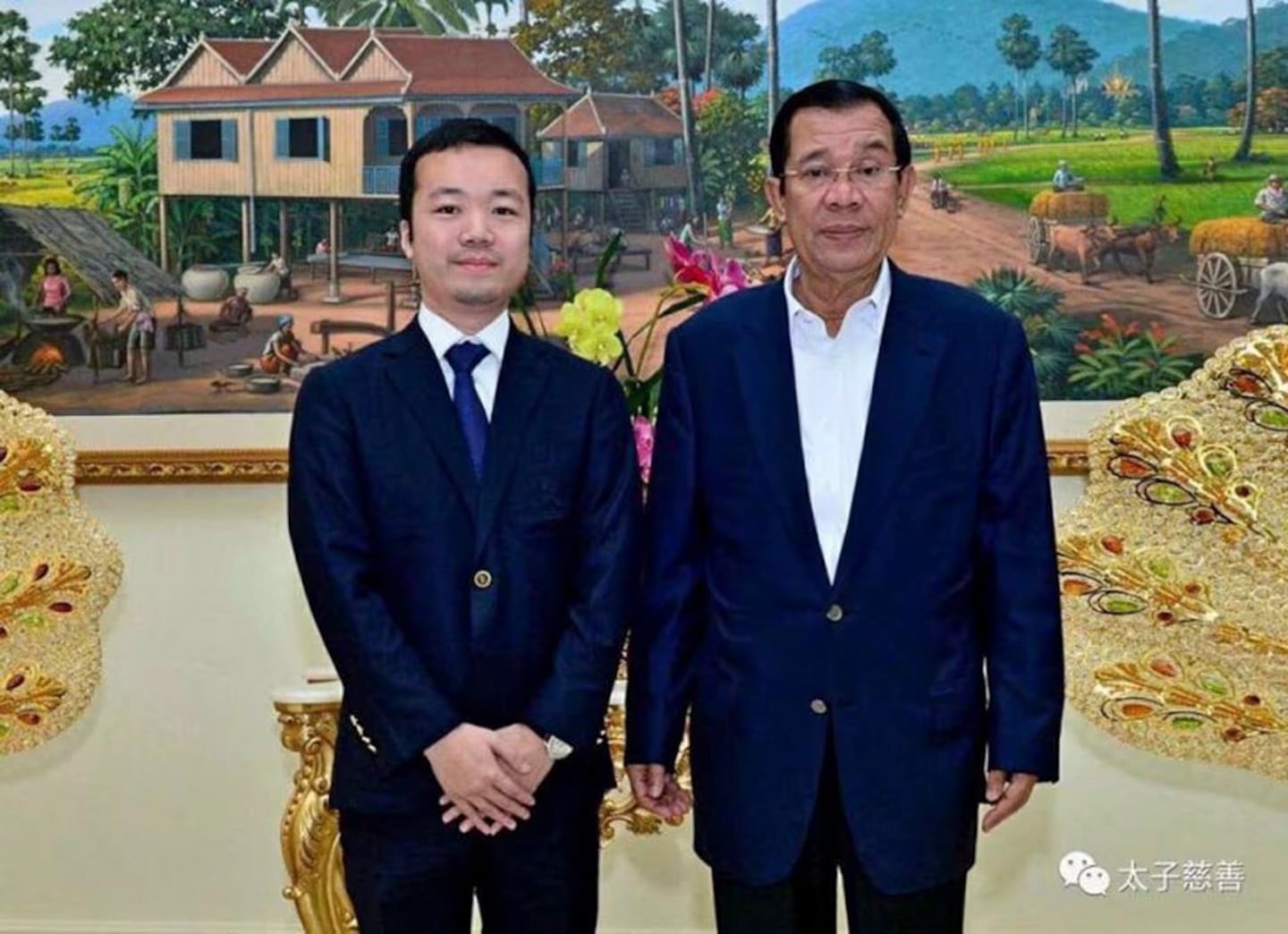RFA Perspectives — South Korea issued a “code-black” travel ban for parts of Cambodia on Oct. 15 and dispatched a team of high-level officials to help nationals lured into working in scam compounds and secure the release of those held against their will, according to the Reuters news agency.
More than 1,000 South Koreans are believed to be among about 200,000 people of various nationalities involved in the scam compounds in Cambodia, South Korea’s National Security Adviser Wi Sung-lac told reporters.
RFA Korean’s Jaewoo Park reports for RFA Perspectives: Why has Southeast Asia — especially Cambodia and Myanmar — become a “scam haven”?
It’s not just about crime. It’s the result of corruption, lawlessness, and economic desperation.
Across the region, hundreds of thousands of people are trapped inside cyber scam compounds.
They are lured by fake job ads, kidnapped, and forced to commit online fraud under brutal conditions.
Earlier this year, Chinese actor Wang Xing made international headlines after being rescued from Myanmar’s notorious KK Park.
He had flown to Thailand for an acting job — but was kidnapped and sold into a scam operation.
His rescue was extremely rare.
In August, a South Korean college student was tortured to death in Cambodia after being deceived by a fake job offer.
The case shocked the Korean public — but it’s only one part of a much larger criminal network.
Recently released footage even showed a man believed to be that student, forced to inhale drugs and explain to his captors how he ended up in Cambodia.
So why Cambodia, Laos and Myanmar?
Because they sit where lawlessness and capital meet.
A decade ago, Cambodia became an early hotspot for Chinese and Taiwanese phone scams, thanks to cheap internet and loose regulations.
When China banned online gambling in 2019, those same networks didn’t vanish — they simply moved their operations to Cambodia’s casinos.
Special Economic Zones (SEZs) in countries like Laos have become hotbeds of criminal activity due to lax regulations, while in Myanmar, a coup and civil war have made enforcement virtually impossible
Add corrupt officials, weak law enforcement, and accessible internet, and you get a perfect breeding ground for organized crime.
The United Nations estimates that over 100,000 people have been trafficked into Cambodia for cyber scam operations — victims from China, Korea, Kenya, and across the world.
As crackdowns intensify in Myanmar and Laos, more of these criminal networks are shifting into Cambodia.
This isn’t just about online scams. It’s a new form of human trafficking — hidden behind a screen.


